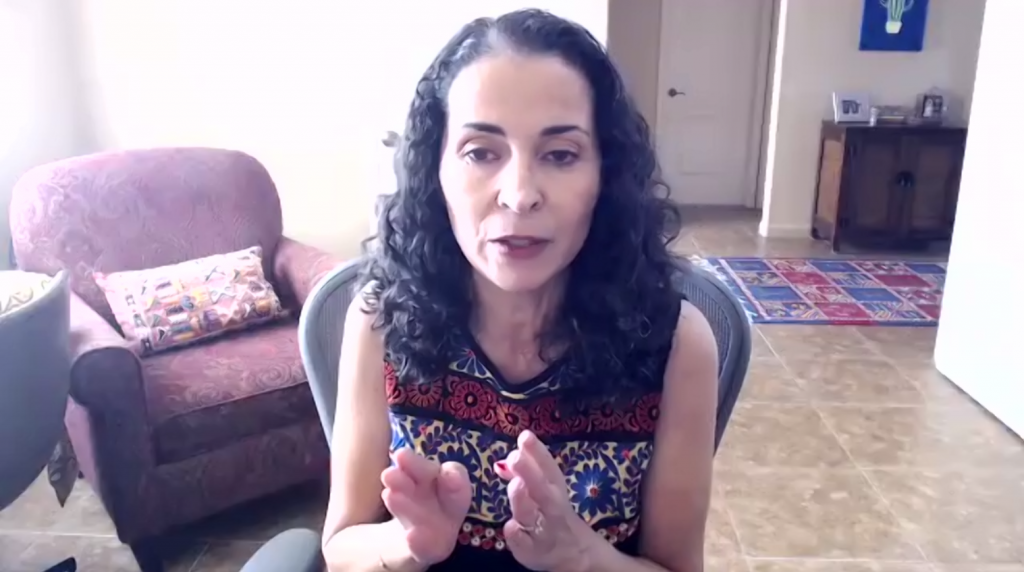
This Tuesday, Sept. 28, Binghamton University welcomed Pulitzer Prize finalist author and scholar Laila Lalami as a guest speaker. The event, hosted on Zoom in front of several hundred students and faculty guests, was the final stage of the Common Read experience, a program hosted by the Department for Student Transition and Success. Lalami’s newest nonfiction book, “Conditional Citizens: On Belonging in America,” was assigned as a reading to incoming freshmen at the suggestion of a special committee and was utilized by faculty in the Common Read program to facilitate discussion and connection within the freshman population.
Nancy Um, host of the event and associate dean and professor of art history, alongside Kelli Smith, associate vice president for student success, introduced the speaking event, which was intended both for freshmen participating in the Common Read program but also for a general interested audience. Um provided a brief introduction on Lalami, who — in addition to “Conditional Citizens: On Belonging in America” — has received lots of critical attention for her recent novels “The Moor’s Account” and “The Other Americans: A Novel.”
“[Lalami] has written novels of migration and immigration presented as narratives representative of the human condition,” Um said. “[She has] eloquently captured the heartbreaks of leaving one’s home and traveling across various continents in search of a new one.”
Lalami then took center stage, with an informal lecture that connected some of the complex ideas of her own nonfiction with personal and fictional stories that have shaped her life. Lalami, who was born and raised in Rabat, Morocco before moving to the United States as a student and eventually settling in, talked at length about her own familial and personal struggle with her career.
“My parents weren’t college-educated, but they were lovers of books,” Lalami said. “Booklovers with the zeal of people who were traditionally denied them … For them, [writing] was something that other people did. Not what we did. They were blue-collar workers who thought writing was confusing, difficult and ultimately didn’t pay well.”
Lalami explained her own history with immigration and how its shaped her writing. While “Conditional Citizens: On Belonging in America” was the main focus of the lecture, another focus was all about being an outsider in America, shown in Lalami’s earlier fictional works such as “The Moor’s Account,” about a slave in 16th-century Florida brought against his will to a new continent.
“That decision to become an immigrant has impacted all of my life, not just physically, in where I ended up, but creatively too,” Lalami said. “It shapes everything I’ve written.”
The second portion of the lecture was less about Lalami herself and more about the precarious position of immigrant groups, specifically Muslim Americans, in an overtly political America. Lalami used the example of gaining her own citizenship to explain the ways that all passport-holding Americans aren’t necessarily equal.
“There is a difference between legal citizenship and true, equal citizenship, between having the rights of an American, and truly being treated like an equal,” Lalami said.
Through a series of anecdotes about changes in American culture regarding Muslims in a post-9/11 world, Lalami said it wasn’t that difficult for Americans to turn on a culture they’d previously embraced.
“Instead of being equal, Arabs and Muslims [after 9/11] became ‘conditional citizens,’” Lalami said. “Their belonging was not secure. At the slightest hint of political adverseness, that loyalty, of these people as true Americans, was put into question.”
Lalami concluded the lecture with a brief Q&A session with students and faculty, before leaving the audience with one final message — to write is a brave act, and a necessary one for future generations.


